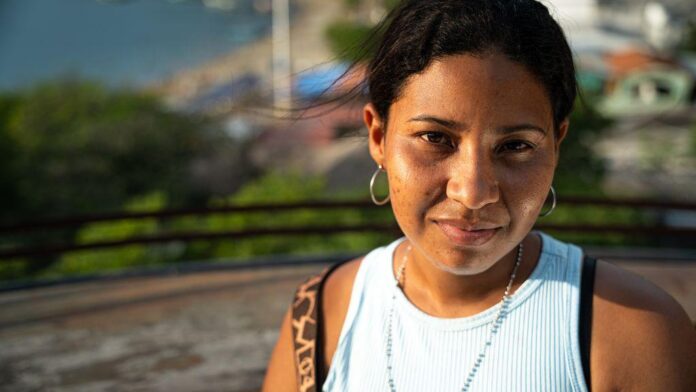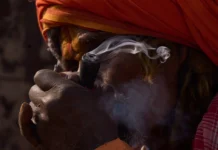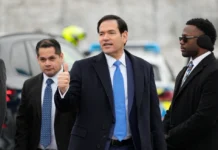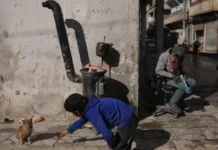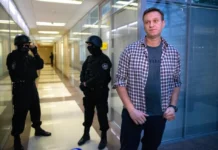Lizbeth Perez gazes fearfully at the postcard-perfect fishing bay of Taganga, Colombia, haunted by the memory of her uncle, Alejandro Carranza. The kind fisherman, a cheerful father of five, left for work from neighboring Venezuela on September 14 and never returned.
The following day, US President Donald Trump announced a military strike in international waters, claiming it killed three “extraordinarily violent drug-trafficking cartel members” on a vessel that had departed Venezuela. For Lizbeth’s family, that announcement marked the beginning of an agonizing search for answers.
“The truth is we don’t know it was him,” Lizbeth says, her voice filled with anxiety. “We don’t have any proof that it was him, apart from what we saw on the news.” Without confirmation, his children are left missing their father, and the family is trapped in a painful limbo.
The September strike was part of a broader US campaign that has, according to official statements, killed 83 people in at least 21 operations. US Defence Secretary Pete Hegseth defends the campaign as a necessary measure to remove “narco-terrorists from our hemisphere.” The Trump administration justifies the strikes as self-defense, aimed at saving American lives from the flow of drugs.
However, the policy has ignited condemnation across the region and raised serious concerns under international law, which prohibits the military killing of civilians unless they pose an imminent threat.
The case of Alejandro Carranza has become a focal point in this international dispute. Colombian President Gustavo Petro has publicly identified Carranza as one of the victims, alleging the fisherman accepted a one-time payment to transport drugs to help pay for his daughter’s university fees.
“But whether it was fish or cocaine [he was transporting], he wasn’t subject to the death penalty,” Petro stated, accusing the US of “murder.” In response, the White House demanded Petro retract his “baseless and reprehensible statement,” and Trump threatened to cut off US aid to Colombia.
Carranza’s family, who live in a small house in the fishing village of Gaira, vehemently deny his characterization as a violent narco-trafficker, acknowledging only a past conviction for stealing weapons nine years ago. “What the president of the United States is doing isn’t right. He has to prove if they are or aren’t [trafficking],” Lizbeth argues.
Now, the family’s search for answers is moving from the quiet bay of Taganga to a US courtroom. A lawyer representing the family, Daniel Kovalik, says Carranza’s wife and older daughter recognized his boat in US-released footage of the strike. He intends to sue the US government, challenging the legality of a military operation that left a Colombian family waiting for a fisherman who may never come home.
By James Kisoo









